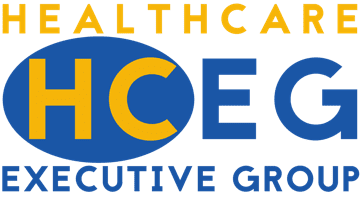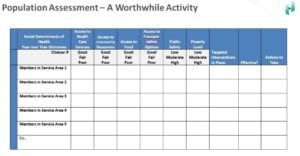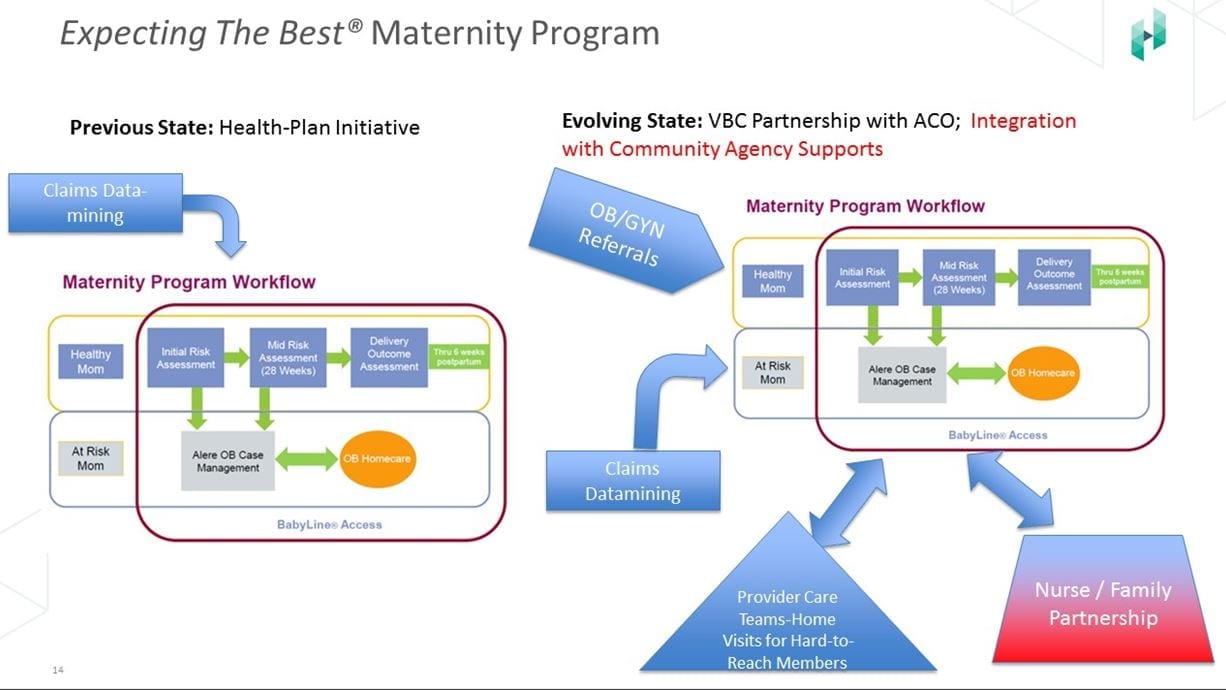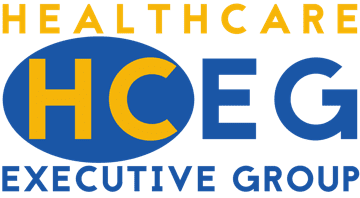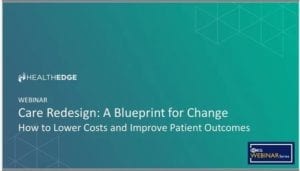
Our Thursday, October 26, 2017, Harry Merkin, VP of Marketing at our sponsor partner HealthEdge teamed up with Barbara Berger, VP of Care Management at First Care Health Plans, to present “Care Redesign: Lowering Costs While Improving Patient Outcomes,” HealthEdge’s entry in this month’s HCEG Webinar Series. The webinar presented innovative, real-world examples of how First Care Health Plans is improving member outcomes and lowering their cost of care via three primary approaches:
- Collaborating with providers and health systems
- Partnering with community resources
- Making critical information available to key stakeholders
Addressing Discontinuances of Care
Barbara shared that, while the high volume, time-sensitive nature of healthcare delivery often leads to a discontinuance of care delivery and management between the silos in which payers and providers often operate, the increased data sharing associated with the emergence of ACO’s and value-based reimbursement and care models are helping to align care provided by providers and health plan payers. Examples of balancing the proper people, processes and technologies were shared.
Population Assessments and Social Determinants of Health
Barbara emphasized the importance of carefully and thoroughly assessing an individual’s health care, behavioral and social needs as part of a periodic, recurring population assessment and how doing so can have a key, beneficial impact to healthcare outcomes. And with “Social Determinants of Health” forming the basis (bottom) of Maslow’s Triangle of Needs, First Care is starting to include an assessment of member’s social determinants of health in their population assessment program. Factors such as the following are included in the population assessment:
- Access to Healthcare Services
- Access to Food
- Access to Local Community Resources
- Access to Transportation Options
- Public Safety
- Financial Status
After Barbara shared her insight on this currently popular topic, Harry Merkin stated: “The phrase ‘social determinants of health’ is no longer a buzzword!”
Addressing Social Determinants of Health
Barbara shared an overview about First Care’s “Expecting the Best Maternity Program” that combines case management and utilization management to complement care provided by physicians while guiding and supporting members – and their family – through member pregnancies; particularly high-risk pregnancies.
Besides services such as assistance with locating medical providers, toll-free 24/7 access to a clinician and a package of select products and services aimed at supporting pregnant women, the program also includes an innovative “Nurse-Family Partnership” where a First Care nurse is paired with an expecting family to help the patient and her immediate family members understand and manage the pregnancy. First Care nurses regularly reach out to ask questions on how the pregnancy is progressing and answer any questions the patient and family may have.
The program has resulted in a significant per decrease in NICU maternity admissions.
The Recording, The Content and More Insight from HealthEdge
The webinar presented three considerations for payer-provider population health programs:
- Be methodical about population assessment
- Integrate People, Process and Technology with Providers
- Use value-based contracts to align vision of member/patient care
You can learn more about how collaborating with providers and health systems, partnering with community resources and making critical information available to key stakeholders can improve outcomes and lower costs by checking out this recording of the webinar and these few slides from the presentation. If you would like more information or if you have any questions on the content of this webinar, please feel free to contact HealthEdge too.
More Information
If you’re not a HCEG member and would like more information on becoming a member, please see this page or email Juliana Ruiz.
